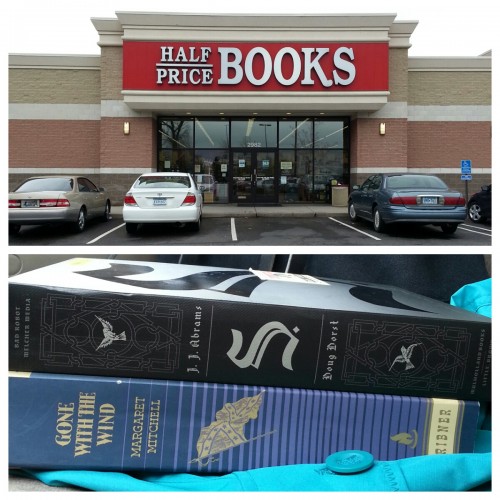
Last weekend I made a surprise trip to the Twin Cities to surprise my mom and grandmas for Mother’s Day. On my drive back to Small Town USA on Monday, I made a stop at a new Half Price Books. I went in with two full bags of books to sell and walked out feeling virtuous because I only bought two books: S by J.J. Abrams and Doug Dorst and Gone With the Wind by Margaret Mitchell.
When I got home I realized that the reason I didn’t feel compelled to buy more books is because I’ve been buying books like a madwoman for the last month.
Normally the boyfriend doesn’t comment on the volume of book mail. Last week, he finally asked me if I was planning to open a library. When he notices all the books, it indicates a problem. But whatever, I love books. Here’s what I’ve brought home recently:
- The Transcriptionist by Amy Rowland
- We Were Liars by e. lockhart
- The People in the Trees by Hanya Yanagihara
- The Men We Reaped by Jesmyn Ward
- The Last Girlfriend on Earth by Simon Rich
- Dark Places by Gillian Flynn
- Shadow and Bone by Leigh Bardugo (previously read)
- The Fault in Our Stars by John Green (previously read)
- Gone Girl by Gillian Flynn (previously read)
The “previously read” books are stories that I loved and want to have in my personal collection. The rest are books that I am just really excited about. But… this list doesn’t include the review copies that have arrived recently, nor does it consider that I’m heading to Book Expo America at the end of the month where I will inevitably bring home more books. Yikes. After BEA I need to buckle down on my goal to cut back on the number of books in my house by buying less and reading more.
What exciting books have you brought home recently? Which of these recent buys should I pick up first?

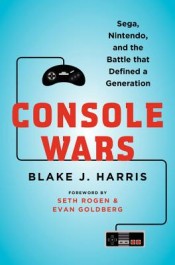


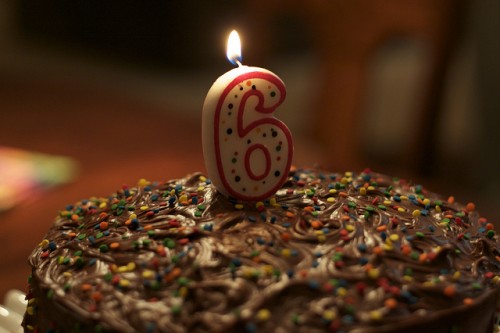
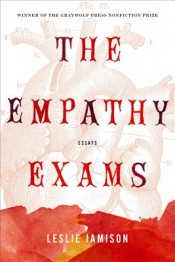
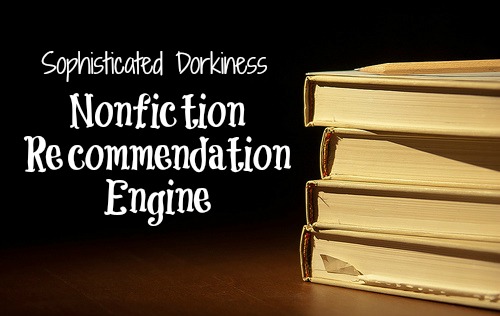
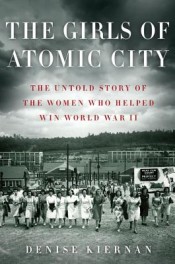 This one was hard because it’s fairly specific in topics and but fairly broad in style. But here’s what I came up with for each of those subjects:
This one was hard because it’s fairly specific in topics and but fairly broad in style. But here’s what I came up with for each of those subjects: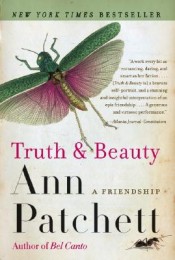 The first is Truth and Beauty by Ann Patchett. This memoir is the story of Patchett’s friendship with poet Lucy Grealy, which was complicated and wonderful and sad (Grealy suffered from a variety of physical issues after a childhood illness and died of a drug overdose in 2002). In addition to their friendship, the book is also a really interesting look at the contemporary life of a working writer, so I think you’ll enjoy it.
The first is Truth and Beauty by Ann Patchett. This memoir is the story of Patchett’s friendship with poet Lucy Grealy, which was complicated and wonderful and sad (Grealy suffered from a variety of physical issues after a childhood illness and died of a drug overdose in 2002). In addition to their friendship, the book is also a really interesting look at the contemporary life of a working writer, so I think you’ll enjoy it.